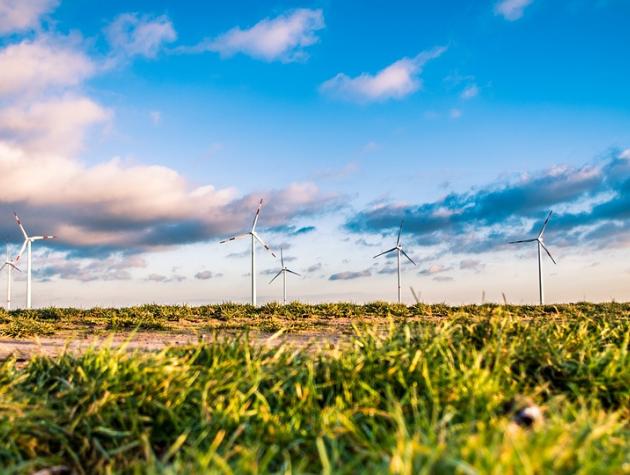Cooperative climate action 2013 – 2018: Global performance and geographic scope
This study analyses the performance of the 127 cooperative initiatives registered with the UN Climate Change Climate Action Portal as of October 2018, as well as the geographic distribution of their participants.
These initiatives show 22,490 instances of participation by cities, businesses, states and regions, civil society groups, and other sub/non-state actors from every part of the world. They have a significant potential to contribute to implementation of national government initiatives, as well as to drive more ambitious national policies.
The performance of cooperative initiatives is largely positive. By 2018, around three quarters were producing outputs consistent with delivering on their pledges. The level of performance of initiatives improves from 2013 to 2018, and as initiatives progress in time they also perform better, especially the first five years. Growing output performance suggests that initiatives are starting to deliver, increasing the likelihood – but not guaranteeing – that they will achieve desired environmental and social impacts.
Despite some positive trends, the study also finds a continuing gap between the global North and South in terms of visibility, participation, and leadership. Only about a quarter of leaders, initiators, and participants in cooperative initiatives come from non-OECD countries. However, Latin America and Africa show sizeable levels of participation.
The observed North-South gap may be at least partially driven by the higher visibility of sub- and non-state actors in developed countries. Indicative evidence from India and Kenya demonstrate that many climate actions in these countries go unrecorded in international platforms and databases.
ClimateSouth, 2018
Research report published by the the German Development Institute/Deutsches Institut für Entwicklungspolitik (DIE), the Blavatnik School of Government at the University of Oxford, the African Centre for Technology Studies (ACTS), and The Energy and Resources Institute, prepared by the ClimateSouth Project team of Sander Chan, Thomas Hale, Kennedy Mbeva, Manish Kumar Shrivastava, Jacopo Bencini, Victoria Chengo, Ganesh Gorti, Lukas Edbauer, Imogen Jacques, Arturo Salazar, Tim Cholibois, Debora Leao Andrade Gouveia, Jose Maria Valenzuela, Alexa Waud, Abhishek Kaushik, Kavya Michael, Mekhala Sastri, Rhea Puri, Ria Rahiman, Victor Onyango, Finney Israel, Rebecca Oloo.







